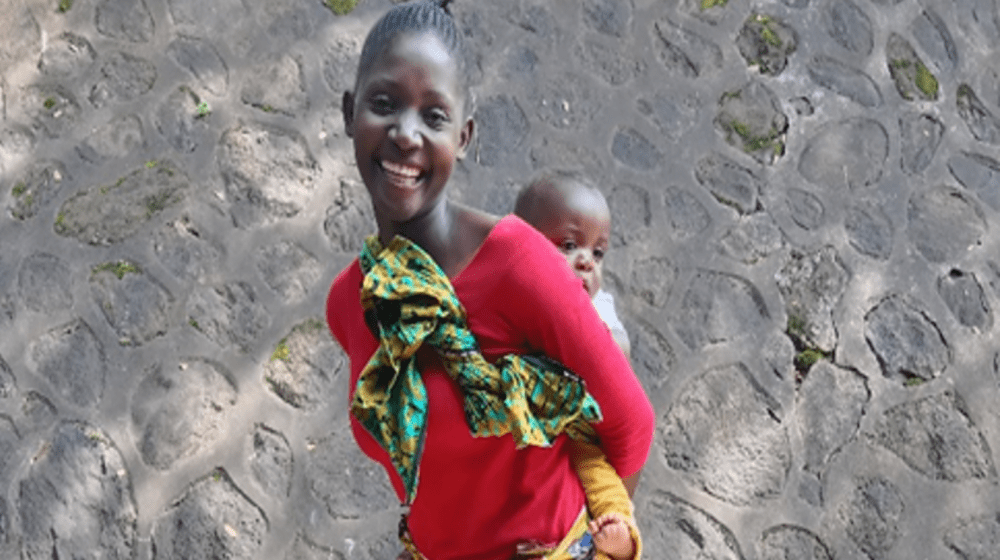Emelia Jamini used to dream big. As a student, she had high hopes of going to college and becoming a nurse. However, the dream tumbled when her parents divorced. She remained with her father but things were never the same.
“My father remarried and his focus turned to his new family,” says Emelia from Chipumi village in Mchinji. “As a young woman, I lacked may things and no one was coming forward to help. This is when I decided to get married in the hope that some of the problems I was facing would lessen.”
During the first year of her marriage, Emelia was blessed with a child. However, her second pregnancy came with complications. When she was due for labour, health staff noted some complications and she had to deliver through caesarean section.
The operation was successful, and she delivered a baby boy. After she was discharged from the hospital, she noticed that she was leaking urine.
I went back to the hospital and they told me that I had obstetric fistula
Emelia was referred to Bwaila Fistula Centre with support from UNFPA through the Action for Teen Mothers and Adolescent Girls project funded by Korea International Cooperation Agency (KOICA). Since the wound from the operation had not healed, she was told to wait so that she can recover first.
While waiting to recover at home, Emelia faced discrimination from friends and family due to her condition, and she kept indoors. She was uncomfortable to be around anyone as she was wetting herself. Her husband left her and married another woman in the village.
“I was always sick and was in and out of the hospital as I had stomach problems,” says Emelia. “With my husband gone, I had to face the fistula and sickness alone.”
After three months, Emelia went back to Bwaila Fistula Centre, and had a successful operation to repair the fistula. Now, the wetting has stopped and the stomach pains are gone. She can also attend public gatherings with confidence.
During her stay at Bwaila Fistula Centre, Emelia attended classes on arts and craft. Her favourite class was in knitting. After returning home, she has continued with her new passion. So far, she has knit a few items for selling.
“Since I am just starting, I managed to sell some items worth MK2,000,” she says. “Although the amount seems little, it makes a big difference in the village.”
In addition to the arts and craft classes, UNFPA with funding from KOICA also supported Emelia with a solar jet-flame stove, which she is using in her home to prepare meals for her family.
She is now able to cook at a reduced time, and does not have to travel far to collect wood. The solar jet-flame stove uses less firewood, reduce risk to injuries from lifting and carrying wood, decrease burns and produces less smoke.
Also with support from KOICA, Emelia received a solar business unit, which she uses to charge phones around her village and to light her house. In a month, Emelia makes about MK 5,000. She uses the money to take care of her family, and saving some to reinvest in another business.
Her dreams is to one day to be financially stable so she can take care of her two children.
“I am very grateful for the support I received,” she says. “It has transformed my life. I am able to make money and take care of my boys. Please continue helping women like me.”


